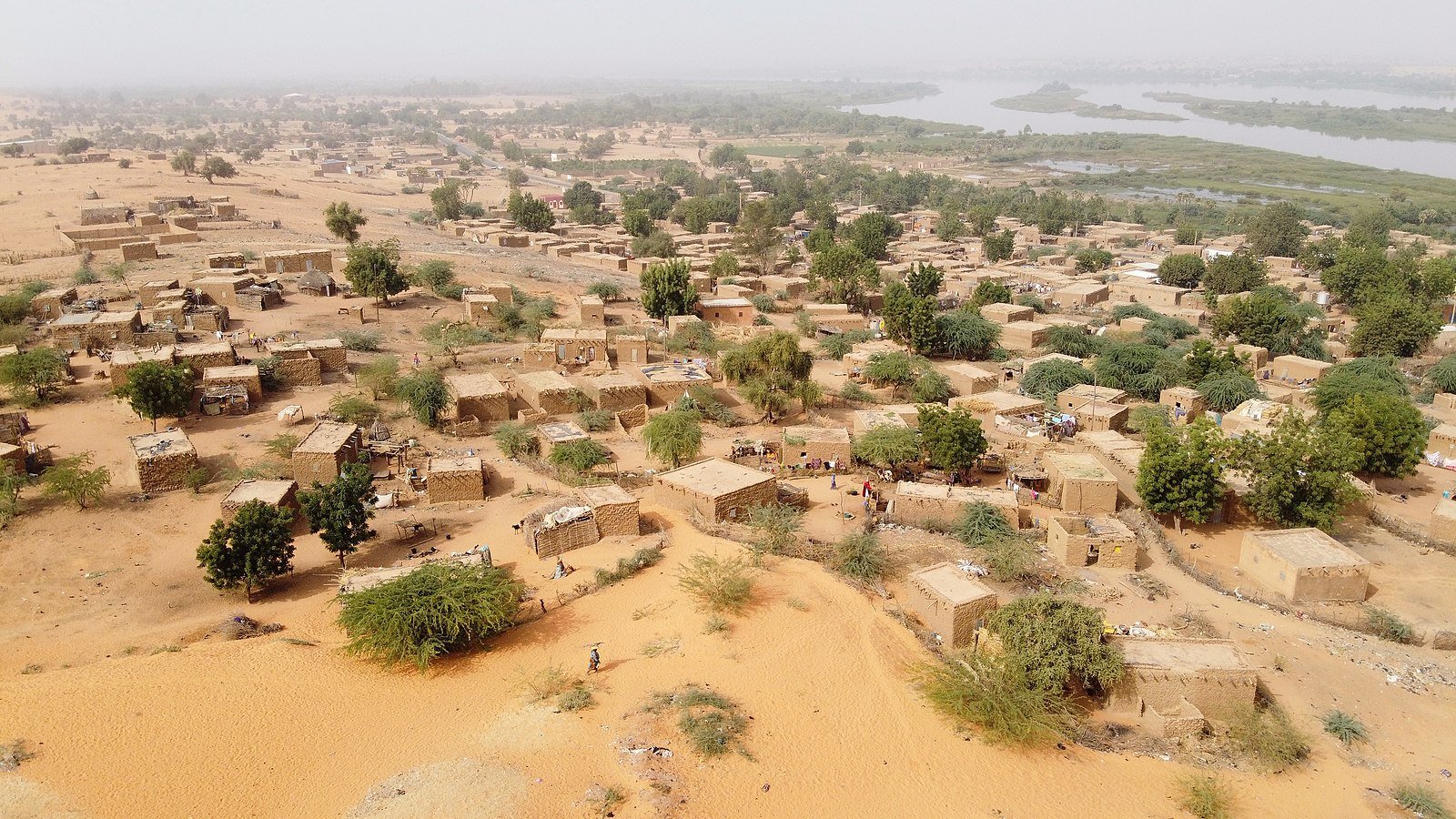Niger Establishes Its First Water Agency and Helps Land Commission Improve Land Management
The following policy announcements are from the Harmottan Herald, the Sahel Regional Office’s new newsletter. Access it here!
Niger’s First Regional Water Agency. In January 2022 the Nigerien government set up the country’s very first regional water agency in the Maradi region. This was made possible with the support of the USAID TerresEauVie activity along with other partners. In Niger, recurrent droughts, overexploitation of surface and groundwater sources, as well as demographic changes have taken their toll on limited water resources. The water agency will give Niger the structures and tools it needs to protect and share water among communities. Niger is planning to set up approximately 15 water agencies over the next 10 years to manage watersheds across the country.
USAID is working with several communal and departmental land commissions to help them manage an area three times the size of Washington, DC.
Communal and Departmental Land Commission Management. In Niger, farmers and herders have been increasingly involved in deadly clashes over the use of land to sustain their livelihoods. To address this, the USAID TerresEauVie activity helped several communal and departmental land commissions to take on the management of more than 32,000+ hectares of pasture areas in the Zinder and Maradi regions. This is equivalent to roughly three times the size of Washington, DC. This new management includes delineating pasture areas, demarcating cattle passage corridors, and issuing official land tenure documents. Along with other USAID integrated resilience activities such as Hamzari, Girma, Wadata, and in partnership with the World Food Programme, TerresEauVie will continue to support the management of this land until its parameters are fully integrated within local and state government services.

